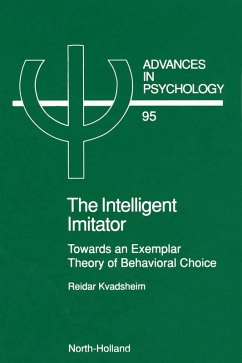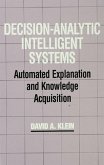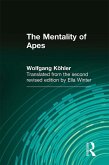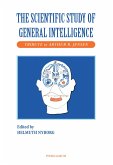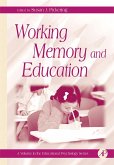The volume focuses on two extreme classes of conditions defined in terms of the actor's limited access to information and discusses available evidence from many areas of psychology. Its structure is as follows: the introductory chapter locates the proposed theory within a historical context; this is followed by an overview of the main structure of the conceptual framework; subsequently, general propositions are presented and discussed in detail; later, empirical implications are derived for certain extreme classes of choice conditions and considered in the light of empirical evidence.
It is hoped the publication will inspire students and researchers of psychology, biology, zoology and of many social sciences, including sociology, anthropology, decision research, marketing, economics, cognitive science and mass media studies to undertake further research and to reconsider existing data and frameworks.
Dieser Download kann aus rechtlichen Gründen nur mit Rechnungsadresse in A, B, BG, CY, CZ, D, DK, EW, E, FIN, F, GR, HR, H, IRL, I, LT, L, LR, M, NL, PL, P, R, S, SLO, SK ausgeliefert werden.

